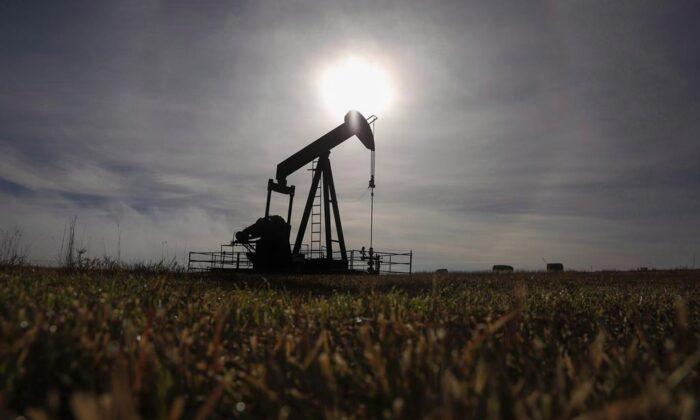The Supreme Court of Canada will hear a federal appeal this week on Alberta’s challenge to the Impact Assessment Act.
The 2019 legislation gives the federal government more regulatory powers over major infrastructure projects, such as requirements for assessment of greenhouse gas emissions. The legislation was known as Bill C-69 before it became law, and dubbed the “No More Pipelines Act” by former Alberta Premier Jason Kenney.
‘Existential Threat’
The Alberta Court of Appeal’s decision called the legislation an “existential threat” to provincial sovereignty. It decried “the clear and present danger this legislative scheme presents to the division of powers guaranteed by our constitution and thus, to Canada itself.”The court said environmental protection is important, but “the ‘environment’ is not a head of power assigned to either Parliament or provincial Legislatures.”
Dwight Newman, a law professor at the University of Saskatchewan, says the Alberta court’s strong support of federalism may not be reflected in other courts.
“I wouldn’t describe it so much in terms of the Alberta Court of Appeal standing for provincial rights, so much as the Alberta Court of Appeal standing for a very principled approach to federalism in line with a lot of prior jurisprudence.”
The Alberta court called climate change an “existential threat,” but balanced it in the same paragraph against the “existential threat” to the division of powers in Canada.
“Those are the best tea leaves we have and they would suggest ... the majority opinion finding the federal impact assessment act as constitutional,” Wright said.






Friends Read Free